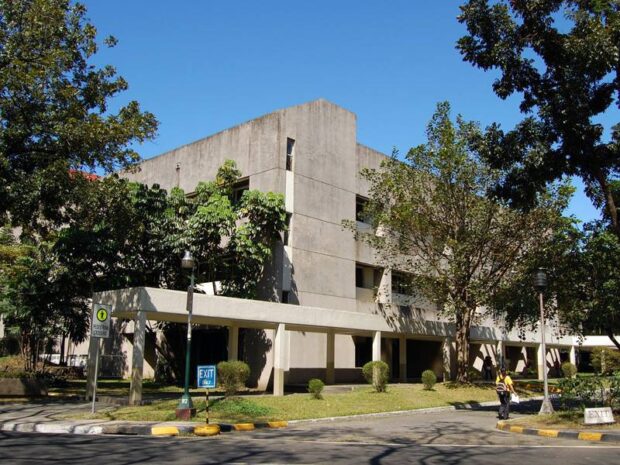
University of the Philippines School of Economics UPES FACEBOOK
MANILA, Philippines — Granting discretionary powers to Congress in lifting limits to foreign ownership in the 1987 Constitution would create “greater uncertainty” for foreign investors and put businesses at the mercy of corrupt politicians, according to a discussion paper by the University of the Philippines’ School of Economics.
In a 42-page position paper made public this month, current and former faculty members of Upse pointed out that inserting the phrase “unless provided by law” would mean “nothing” to foreign investors and instead would give rise to lobbying and “rent-seeking.”
“Unless provided by law” also gives lawmakers “legislative flexibility” in removing restrictions to foreign control in public utilities, education and advertising.
READ: Cha-cha not needed, nor wanted, critics say
Flexibility vs rigidity
“At first blush, the idea of providing the legislature with the ‘flexibility’ to change rules must seem a definite improvement compared to the ‘rigidity’ of having such rules enshrined in a Constitution,” the economists said.
UP economists Cielo Magno, a former finance department official, and Jan Carlo Punongbayan were among the authors of the paper, titled “How to change a constitution by hand-waving (Or, the unbearable lightness of evidence in support of lifting foreign ownership restrictions).”
READ: Despite Pulse Asia survey, solons insist Cha-cha is key to ease barriers
The professors cited as examples the consequences of such Congressional discretion on the franchises of TV networks ABS-CBN and Sonshine Media Network International.
“What both cases reveal, in opposite ways, is an investment atmosphere—one directly influenced by Congress—that is highly variable depending on the way the political winds blow,” they said.
“In considering whether and how much to invest in the country, foreign corporations will not be oblivious to the manner in which even Filipino corporations can be whipsawed by political or bureaucratic discretion,” they added.
Potential foreign direct investments would be affected by the “idiosyncrasies of Philippine political economy.”
A recent Pulse Asia survey showed 88 percent of Filipinos were against Charter change (Cha-cha).